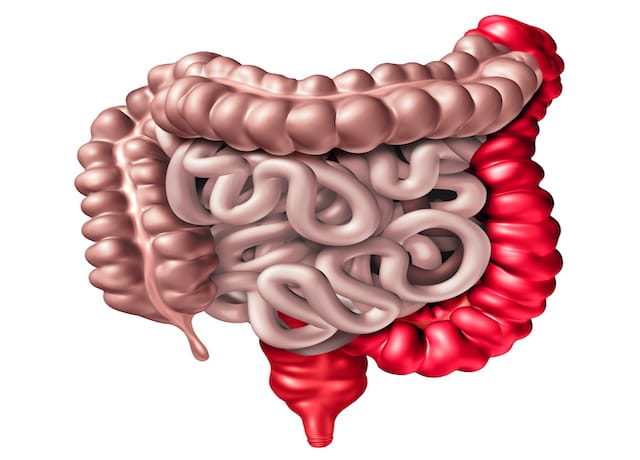Combined, Crohn’s disease and ulcerative colitis affect more than half a million people in the UK.
Researchers from Newcastle University, Great North Children’s Hospital, Cambridge University Hospital, University of Cambridge and University of Oxford have identified a new disease-driving mechanism in inflammatory bowel disease (IBD).
This study New England Journal of Medicine In two patients with early-onset severe inflammatory bowel disease (IBD), we found that self-directed antibodies attacked interleukin-10 (IL10), an anti-inflammatory protein that regulates intestinal immunity.
Crohn’s disease and ulcerative colitis, collectively known as IBD, are incurable conditions that cause excessive inflammation of the intestine and affect more than half a million people in the UK, according to Crohn’s & Colitis UK.
In a study supported by the National Institute for Health and Care Research (NIHR), Cambridge Biomedical Research Centre, NIHR Oxford BRC and the Leona M. and Harry B. Helmsley Charitable Trust, and part-funded by the Wellcome Trust, the scientists found that these antibodies block IL10 from binding to its receptor, ultimately enhancing the inflammatory response in patients.
The research team found that children with genetic defects in IL10 or its receptor suffered from severe IBD that usually began within the first few months of life.
As a result, the research team treated one patient with precision medicine to suppress antibody production, leading to the disappearance of anti-IL10 autoantibodies and a cure of IBD.
Rainer Deffinger, consultant clinical scientist in the Department of Clinical Biochemistry and Immunology at Cambridge University Hospital, said: “This discovery adds to a growing body of evidence showing the serious consequences when the body’s immune defences attack themselves.”
“This research is the result of cutting edge NHS diagnostics and efficient collaboration between centres, with results that will have a real impact on new treatments to reduce the burden of suffering for people with IBD.”
The researchers hope that these findings will have broader implications for patients beyond infancy.







